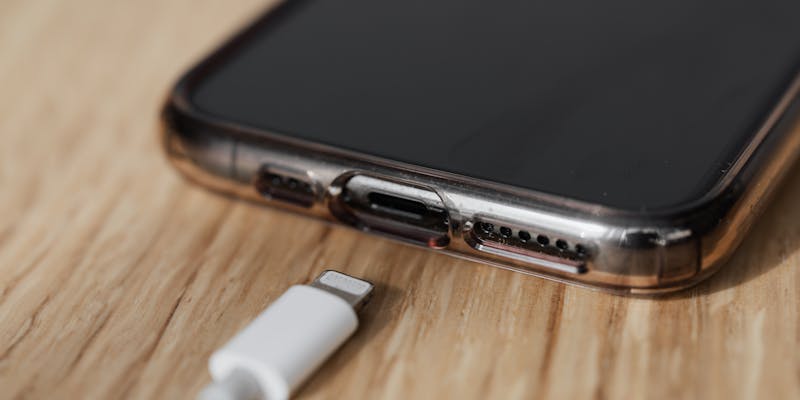Cybersecurity threats evolve with technological advancements, and “juice jacking” is a newly recognized danger. This term describes the risk associated with public USB charging stations, which may compromise the data and security of unsuspecting mobile device users. Cybercriminals can exploit these stations to steal personal information or infect devices with malware. Recognizing the seriousness of these vulnerabilities, the Reserve Bank of India has joined a global roster of institutions sounding the alarm. The RBI has issued warnings about the potential security hazards presented by public charging ports, cautioning users to be mindful of the data risks when charging their devices in communal locations. Advocating cybersecurity best practices, they encourage the use of personal chargers and recommend avoiding reliance on publicly available USB ports for charging electronic devices. This proactive stance is meant to enhance public awareness and foster safer digital habits.
RBI’s Advisory on Juice Jacking
The Risks of Public Charging Stations
Public USB charging stations at airports, hotels, and shopping malls offer a quick power boost for mobile devices but pose a serious security risk. Cybercriminals can rig these stations to install malware on plugged-in devices, allowing them to steal sensitive personal and financial information. Although not widespread, the tactic known as “juice jacking” is alarming due to the damage potential. The RBI’s advisory underscores the importance of vigilance; the warning is not based on a surge of incidents but on the high stakes of such attacks. Taking precautions is vital in the ongoing fight against data theft and cyberattacks. Users are encouraged to use their own chargers, invest in portable power banks, or use data-blocking USB cables that prevent data transfers while charging, to stay protected against these hidden dangers.
Mitigating the Threat
To combat the risks associated with juice jacking, the Reserve Bank of India advises a cautious approach when it comes to charging devices in public spaces. Charging through USB ports in public areas can expose devices to data breaches; hence, the RBI recommends opting for AC power outlets for safer charging. If using a USB port is necessary, it’s advisable to use charging cables from reputable brands. Additionally, one should consider investing in data-blocking USB cables, commonly known as charging-only cables, or USB passthrough devices, which are sometimes called “USB condoms.” These accessories are designed to allow only electricity to flow through, not data, thereby cutting off any potential unauthorized data transmission. By implementing these protective strategies, mobile device users can better shield their personal information from unauthorized access and cyberattacks.
Personal Vigilance and Best Practices
Secure Mobile Charging
Safeguarding mobile charging, especially during financial dealings or when handling confidential information, is paramount. Recognizing the risks associated with public Wi-Fi networks, the Reserve Bank of India strongly recommends against performing monetary transactions or accessing sensitive data through these channels. Public networks are often unsecured, leaving users vulnerable to cyber threats and potential data breaches. Instead, the RBI endorses the use of Virtual Private Networks (VPNs). VPNs create a secure and encrypted connection, making it difficult for unauthorized individuals to intercept or decipher the information being transmitted.
Furthermore, staying vigilant about device security is another essential precaution. Cybercriminals frequently exploit loopholes in software to gain unauthorized access to devices. Therefore, the RBI urges the public to regularly update their electronic devices with the latest security patches and upgrades available from software providers. These updates are designed to fix known bugs and vulnerabilities, fortifying the device’s defenses against any malicious activities. By combining the use of VPNs for secure connections and maintaining updated devices, users can significantly enhance their protection against the evolving threats in the digital world.
Continuous Security Education
Staying on top of emerging cybersecurity threats is crucial in thwarting cybercrime. It’s vital for users to keep abreast of new attack modes and embrace best practices for defense. Updates on cybersecurity trends and the adoption of secure measures, like personal power banks, are essential for balancing convenience against security risks. Proactivity and knowledge are key for users to navigate threats such as juice jacking effectively.
Despite its rarity, juice jacking is a significant risk, exploiting the public’s need for handy charging options. Guidance from entities like the RBI empowers users with awareness and tactics to protect their data. The emphasis on cybersecurity vigilance and the application of preventive strategies is a critical aspect of staying secure in an interconnected world. Remember, knowing about potential cyber threats and taking action is our best defense in the digital age.

